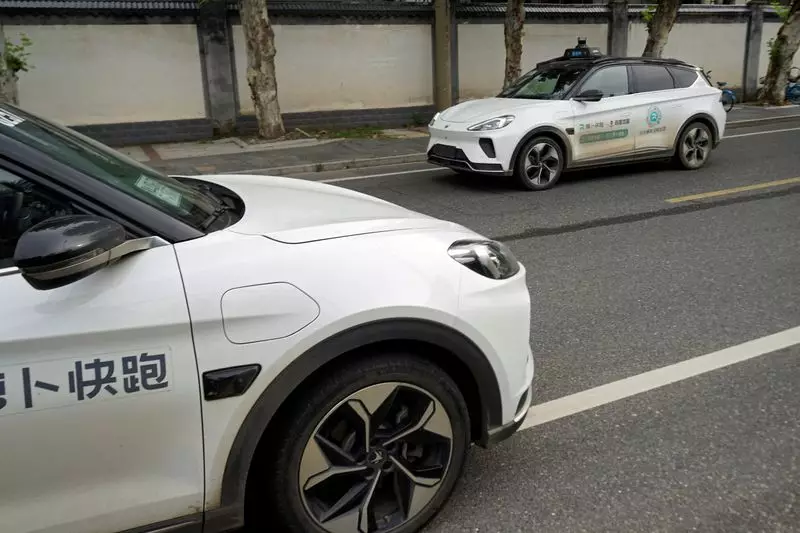Baidu, the Chinese tech giant, is entering a new arena by obtaining authorization to test its autonomous vehicle technology in Hong Kong. This move marks a significant step as it seeks to extend its reach beyond the mainland. The Hong Kong Transport Department’s recent announcement underscores Baidu’s commitment to expanding its Apollo robotaxi service. The kind of testing being initiated allows for strategic development within a tightly regulated environment, setting the stage for potential commercial operations in the future.
The license granted to Baidu is valid from December 9, 2024, to December 8, 2029. This five-year period establishes a solid timeframe for thorough testing and data collection. Initially, Baidu will be restricted to operating only one autonomous vehicle at a time on specified roadways in North Lantau. This careful, phased approach—which includes a backup operator inside the vehicle—ensures public safety while presenting an opportunity to gather critical operational insights. Local authorities appear to be taking a cautious approach, which may signify the balancing act between innovation and safety in urban environments.
The Hong Kong government has taken steps over the past few years to foster an environment conducive to the testing of autonomous vehicles. Efforts that began in 2017 have culminated in the recent implementation of regulatory changes that allow wider trials on public roads. This new pilot license represents the first significant output of that regulatory framework. Baidu is poised to capitalize on this environment, as it has already established a robust operational model on the mainland, particularly with its Apollo Go service, which has gained traction in cities like Wuhan.
Baidu’s initiative aligns with a growing global trend where tech companies are racing to bring autonomous vehicles to market. The competitive landscape is intensifying, prompting Baidu to look beyond its traditional Chinese market. By launching services in Hong Kong, and eyeing future operations in Singapore and the Middle East, Baidu is not just broadening its commercial horizons—it’s also positioning itself as a key player in the international autonomous vehicle arena.
As the market evolves, companies engaged in developing autonomous technologies will need to navigate not just technological hurdles but also varying regulatory landscapes across different countries. Baidu’s ability to adapt to the regulatory frameworks, as demonstrated in Hong Kong, could serve as a blueprint for future expansions into markets governed by strict safety regulations.
Baidu’s recent achievement in obtaining a testing license for its autonomous vehicles in Hong Kong underscores its strategic intent to broaden its operational footprint beyond China. This is an essential phase for the company as it gathers valuable data and refines its technology in a new market. With regulatory support and a commitment to innovation, Baidu is set to influence the future of public transportation, not only within the borders of China but also on a global scale. As it moves ahead, the implications of its success could resonate well beyond the confines of Hong Kong, shaping the course of autonomous vehicle adoption worldwide.

